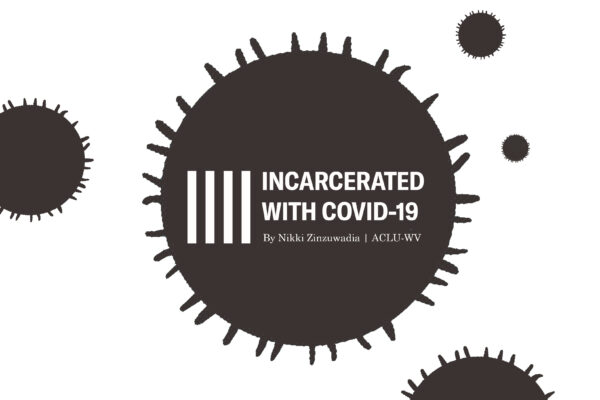On July 6, Governor Jim Justice announced he had issued an executive order that will establish an indoor face covering requirement in West Virginia. The mask mandate, which went into effect July 7, requires everyone over the age of nine to wear an adequate face covering inside public places where social distancing cannot be maintained.
Children under the age of two and individuals who have difficulty breathing or are unable to remove the mask without assistance are exempt from the mandate. Parents or guardians must use their best judgment as to when children ages two through eight should wear one.
The mask order was instituted after the state experienced its highest daily total of COVID-19 cases over the July 4 weekend. On July 10, state officials declared that West Virginia had the nation’s highest COVID-19 transmission rate. By July 12, the state’s Department of Health and Human Resources reported 4,244 total coronavirus cases and 96 deaths from the virus.
Scientific evidence has shown that wearing a mask significantly reduces the risk of spreading COVID-19. According to the Centers for Disease Control and Prevention (CDC), COVID-19 spreads primarily among people who are in close proximity to one another. Wearing a mask is critical to slowing transmission of the disease, especially in settings where social distancing is not possible.
Correctional facilities struggle with overcrowded environments, sanitation problems, and limited protective measures, making it almost impossible to practice recommended hygiene and social distancing. As a result, they can rapidly accelerate disease spread, impacting public health both inside and outside correctional settings. A May CDC report recommends the use of cloth facial coverings to prevent COVID-19 transmission in jails and prisons.
However, according to a recent analysis by the ACLU and Prison Policy Initiative, a number of states have failed to provide masks to all of their prisoners and correctional employees. Others have not released any information about providing masks to people in their jails and prisons. While the majority of states have shared their policies mandating access to masks in correctional facilities, including West Virginia, it is unclear to what degree they are following these guidelines. Reports also suggest the access and use of face coverings in state correctional facilities are limited.
The ACLU, partnering with multiple U.S. universities, found that COVID-19 transmission in jails and prisons can dramatically increase the amount of cases in surrounding communities. Depending on the social distancing measures put in place, community spread from COVID-19 cases in correctional facilities could add anywhere between 99,000 and 188,000 people to the virus death toll in the United States.
This report was released in April, when government models were estimating that the number of COVID-19 related deaths would remain “substantially under” 100,000. Now, more than 134,000 people in the country have lost their lives to COVID-19.
Including incarcerated individuals and correctional employees in our public health response is crucial to slowing the spread of COVID-19. As the ACLU study shows, decreasing the risk of spread in America’s jails and prisons will reduce the infection and death rate for all of us. Requiring all inmates and prison staff to wear masks, and making them available and accessible to everyone behind bars, is long overdue. These are increasingly important steps toward combating the devastating effects of the COVID-19 pandemic.
In June, a total of 119 inmates and eight staff members at Huttonsville Correctional Center (HCC) in Randolph County, West Virginia tested positive for COVID-19. Five more residents in the surrounding community were also confirmed positive as the crisis unfolded. While contact tracing at the time determined minimal community spread from the outbreak, there has been a steady increase in the average daily number of confirmed COVID-19 cases in Randolph County since the outbreak at HCC.
The Marshall Project recently reported that at least 57,019 incarcerated individuals and 12,481 correctional employees have tested positive for COVID-19. Approximately 651 prisoners and 46 prisoners have died from the novel coronavirus. By April 29, eight of the top ten biggest coronavirus hotspots in the United States were in jails and prisons. As of July 3, the five worst outbreaks of COVID-19 in the nation had occurred in correctional facilities.
Correctional health is public health. Implementing and enforcing policies that mandate masks in correctional facilities, and ensuring they are available and accessible to all incarcerated people and prison staff, is necessary to slow the spread of COVID-19 both behind bars and in the outside community. Failing to do so will continue to put everyone’s health and life at risk.

